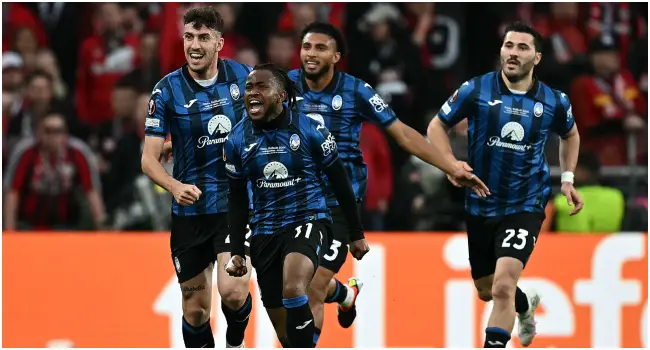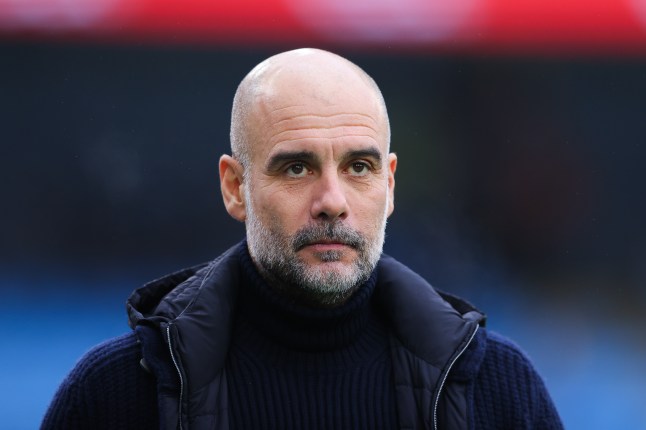
Las Palmas, is a Spanish professional football club based in Las Palmas de Gran Canaria, in the Canary Islands. Founded on 22 August 1949
UD Las Palmas 2024–25 squad list
- Leagues
- La Liga
- Seasons
- 2024-25
- Home
- Gran Canaria Stadium
Unión Deportiva Las Palmas, commonly known as Las Palmas, is a Spanish professional football club based in Las Palmas de Gran Canaria, in the Canary Islands. Founded on 22 August 1949, the club has a rich history and a strong connection to Canarian football culture. Las Palmas currently competes in La Liga, striving to maintain its place among Spain’s football elite.
Major Achievements
- La Liga Best Finish: 2nd place (1968-69)
- Copa del Rey Finalists: 1977-78
- Segunda División Champions: 4 titles (most recently in 2014-15)
- Multiple La Liga Promotions: Most recently in 2022-23
Las Palmas’ golden era came in the 1960s and 1970s, when the club challenged for top spots in La Liga and played in European competitions.
Home Stadium: Estadio de Gran Canaria
Las Palmas plays its home matches at the Estadio de Gran Canaria, a modern venue with a capacity of 32,400. The stadium, located in the Canary Islands’ capital, provides an electric atmosphere, with passionate fans supporting the team through thick and thin.
Club Identity & Playing Style
Las Palmas is known for:
- Technical, possession-based football
- A strong focus on youth development
- A commitment to playing an attractive attacking style
The club has historically nurtured talented players from the Canary Islands, including Juan Carlos Valerón and David Silva, both of whom became legends in Spanish football.
Iconic Eras
- Golden Era (1960s-1970s): Las Palmas competed at the top of La Liga, finishing second in 1968-69 and reaching the Copa del Rey final in 1978.
- Return to La Liga (2015-18): After years in the lower divisions, the club secured promotion in 2015 and established itself as a competitive team in La Liga.
- Recent Promotion (2022-23): Las Palmas returned to the top flight, aiming for long-term stability in La Liga.
Rivalries
- Canary Islands Derby vs. Tenerife: The biggest football rivalry in the Canaries, Las Palmas’ clashes with CD Tenerife are among Spain’s most passionate derbies.
- Historic Clashes vs. Andalusian Clubs: Due to geographic proximity, Las Palmas has built rivalries with teams like Sevilla and Real Betis over the years.
Legendary Players
- Juan Carlos Valerón: A Las Palmas icon and one of Spain’s most elegant midfielders.
- David Silva: The former Manchester City star started his career at Las Palmas’ academy.
- Germán Dévora: A club legend who played a key role in the team’s golden years.
- Jonathan Viera: A modern-day hero for Las Palmas, known for his skill and leadership.
The Future of Las Palmas
Las Palmas aims to establish itself as a permanent La Liga club, relying on youth development, smart transfers, and a signature style of play. With a strong fanbase, historic legacy, and commitment to attacking football, the club remains a symbol of pride for the Canary Islands and a team capable of upsetting Spain’s biggest clubs.




